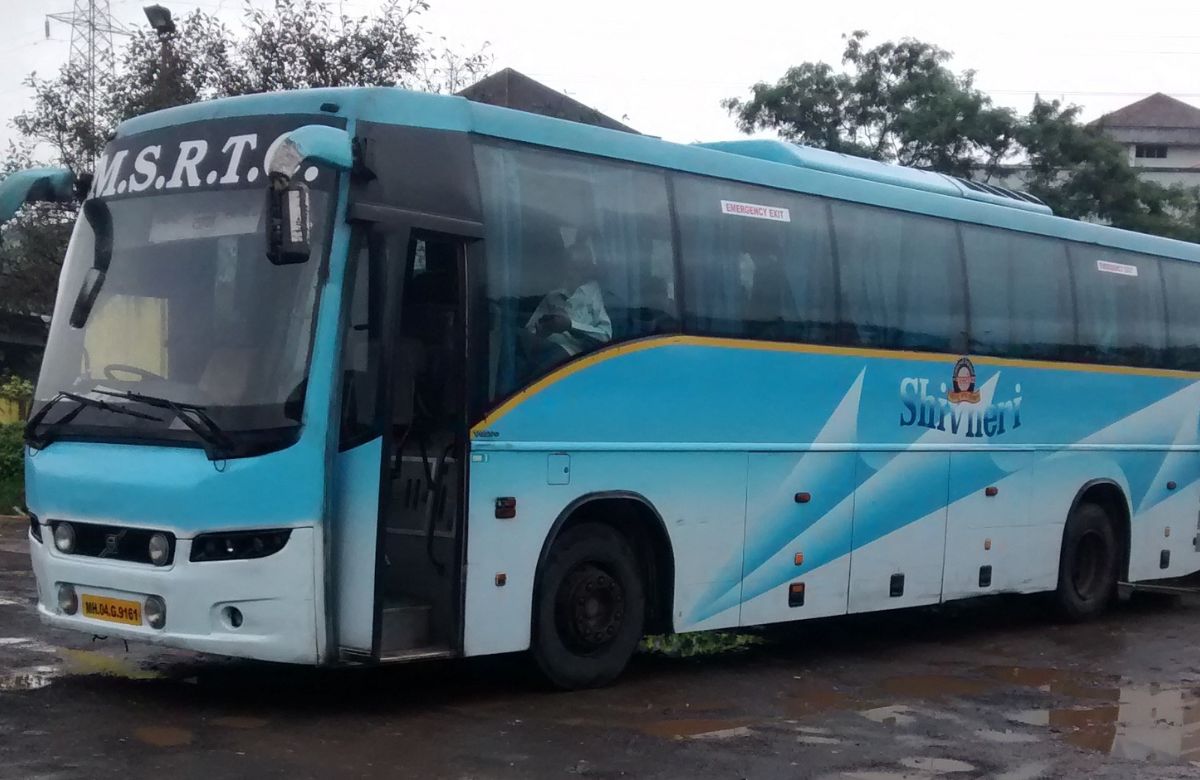Travelling can be challenging for patients who need to attend medical appointments, treatments, or hospital visits. A significant number of people with sickle cell disease, human immunodeficiency virus (HIV), haemophilia, and renal illness may now be allowed to travel for free on MSRTC state buses of Maharashtra.
MSRTC To Provide Free Bus Travel For Patients
The Maharashtra State Road Transport Corporation (MSRTC) sent a circular to all regional offices on 14 June. It included requesting that sickle cell, HIV, haemophilia, and dialysis patients be given free transportation. These travel-free buses aim to ensure that patients have access to essential healthcare services. This also does not give them the added burden of transportation costs.
Dialysis and treatment facilities for patients with these diseases are available in district hospitals, sub-district hospitals, and medical colleges. Although treatment at government institutions is free, many patients from outlying places must spend a significant amount of money on travel.
By providing free transportation, patients who may otherwise struggle to afford or access transportation options can reach medical facilities more easily. This not only benefits the patients but also contributes to better public health outcomes. Moreover, this can help promote regular medical check-ups and adherence to treatment plans.
Also Read: Free Bus Travel For Women: Tribal Association Urges State Govt To Extend Till Hilly Areas As Well
Why Free Travel Buses Are Essential For Patients
Access to quality healthcare is a fundamental human right. But, for many individuals facing medical challenges, transportation barriers can become significant obstacles. Early detection of health issues and timely treatments can significantly improve health outcomes and reduce overall healthcare costs.
Transportation challenges can disproportionately affect vulnerable populations, including the elderly, low-income individuals, and people with disabilities. Many patients find it difficult or impossible to afford private transportation, particularly for frequent medical appointments or treatments that may be located far from their homes.
The main goal of these free bus services is to improve healthcare accessibility and reduce disparities among patients. By removing transportation barriers, patients are more likely to seek medical attention when needed, leading to earlier diagnoses and better management of health conditions. Travel-free buses specifically designed for patients aim to bridge this gap and offer a lifeline to those in need. Steps like these can help in ensuring every patient can receive the medical care they deserve.
Cover image credits: Wikimedia Commons

